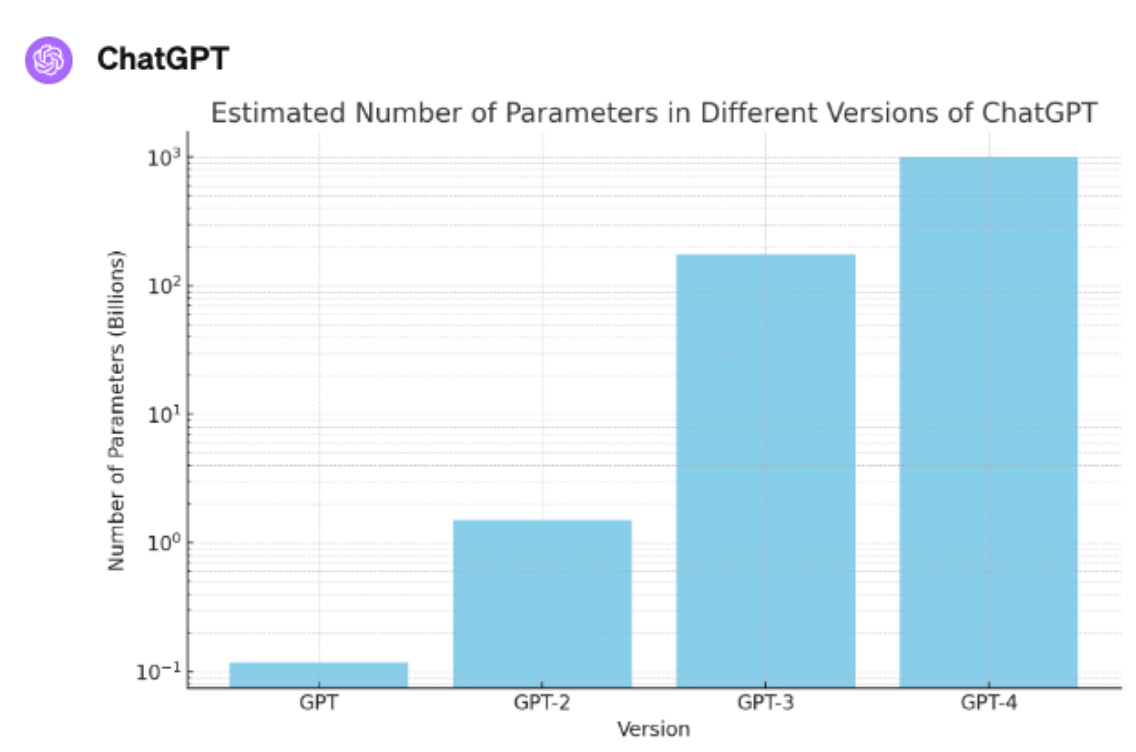The Onrushing Wave of the Infotech Revolution
An early DRAFT of a piece I did for a 2024 look-ahead for Nikkei in Japan…
Nine months ago New York Times columnist Ezra Klein wrote, with respect to the onrushing approach of the latest revolution in information technology in the form of large-scale neural-network machine-learning model systems like OpenAI’s ChatGPT4:
Ezra Klein: 2023. “Chatbots, Artificial Intelligence, and the Future of Weirdness.” The New York Times, March 12. <https://www.nytimes.com/2023/03/12/opinion/chatbots-artificial-intelligence-future-weirdness.html>: ‘Sundar Pichai… of Google … [is] not… known for overstatement… [but] said, “A.I. is probably the most important thing humanity has ever worked on. I think of it as something more profound than electricity or fire”…. Perhaps the developers will hit a wall they do not expect. But what if they don’t?… There is a natural pace to human deliberation. A lot breaks when we are denied the luxury of time…. We can plan for what we can predict (though it is telling that, for the most part, we haven’t). What’s coming will be weirder…. If we had eons to adjust, perhaps we could do so cleanly. But we do not…
The fear is that we, as a species and as a society, are not equipped for and cannot properly deal with the rapid changes and the resulting upsets in how we work, live, and think that new technology is going to bring to us. Thus we are not prepared to handle it well, and there is the possibility that it may turn out to trigger some form of societal or human catastrophe.
This fear on Ezra Klein’s part is entirely rational. And it is, I believe, correct.
But what the extremely intelligent Ezra Klein misses, I believe, is that this has been the case for us human beings ever since 1750 or so. The Kingdom of France in the late 1700s was the most powerful and one of the richest, most secure, and productively organized in the world. The landowners, courtiers, bureaucrats, and military commanders who made up its aristocracy sat secure in their seats. They had no idea that the then-ongoing shifts in technology and society involved in the transition from feudal-agrarian to contractual-commercial society would lead to the political upheaval that was the great French Revolution of 1789–1804. And the pace of technological change then was much less than the one we have gotten accustomed to since at least the days of our great-grandparents.

